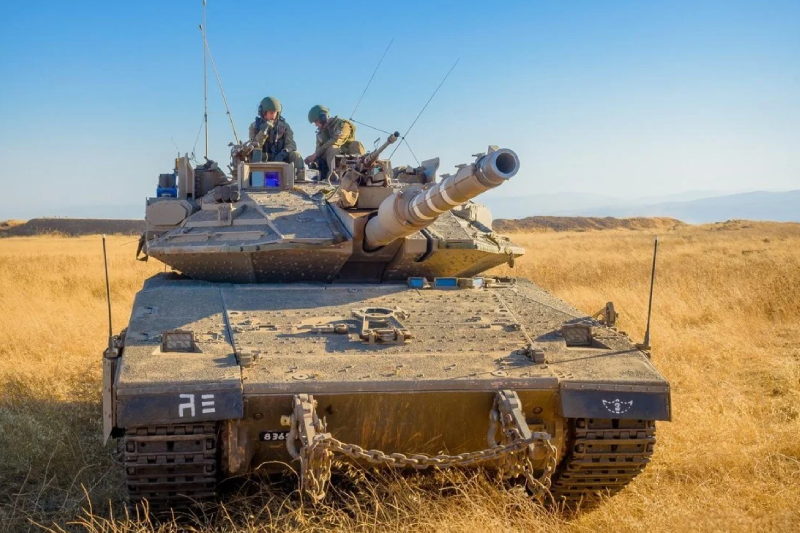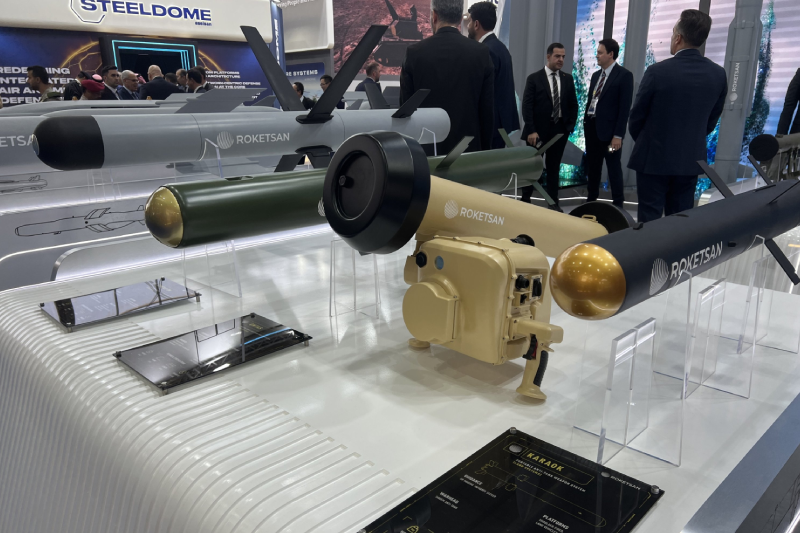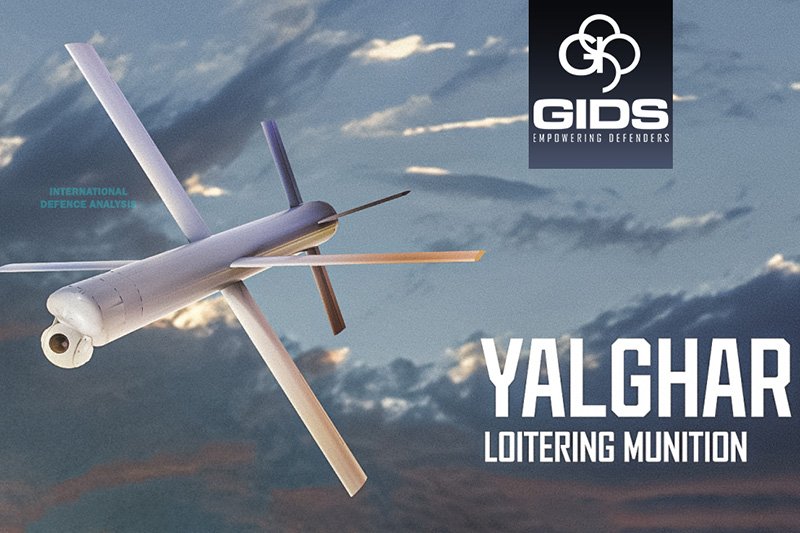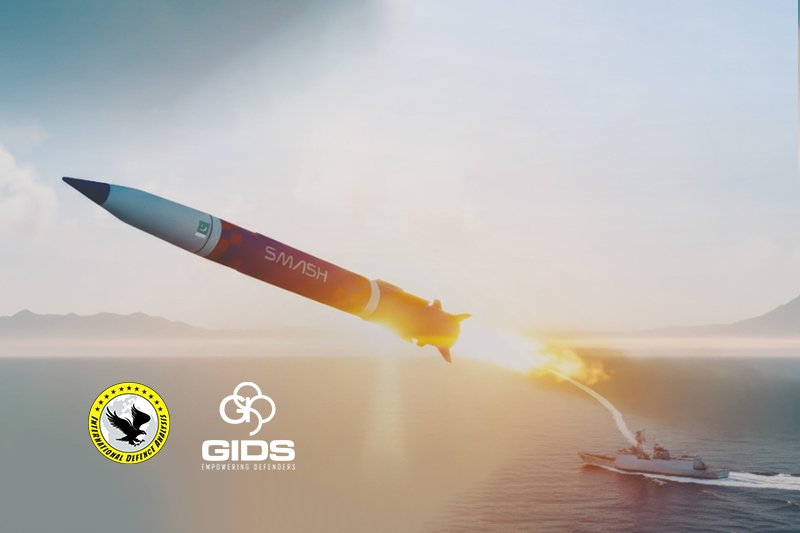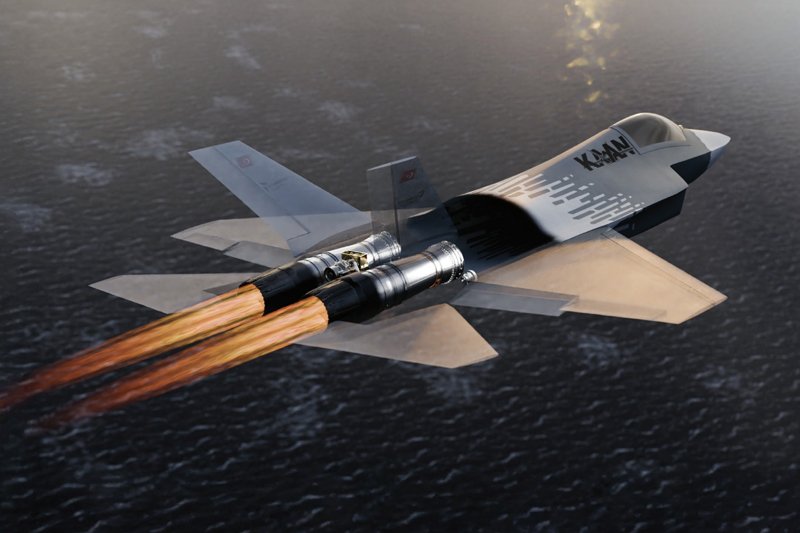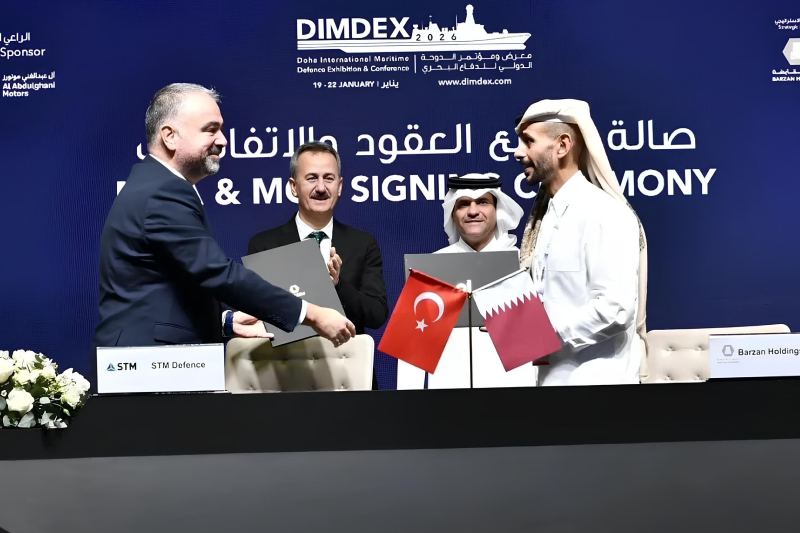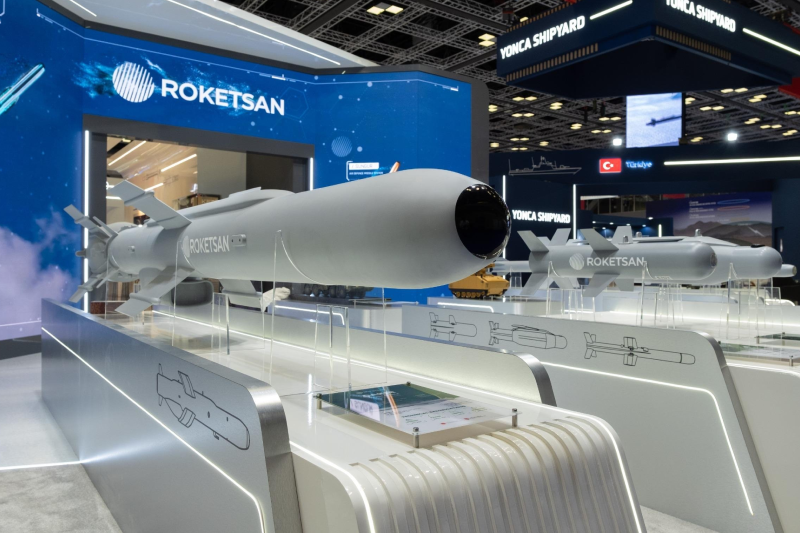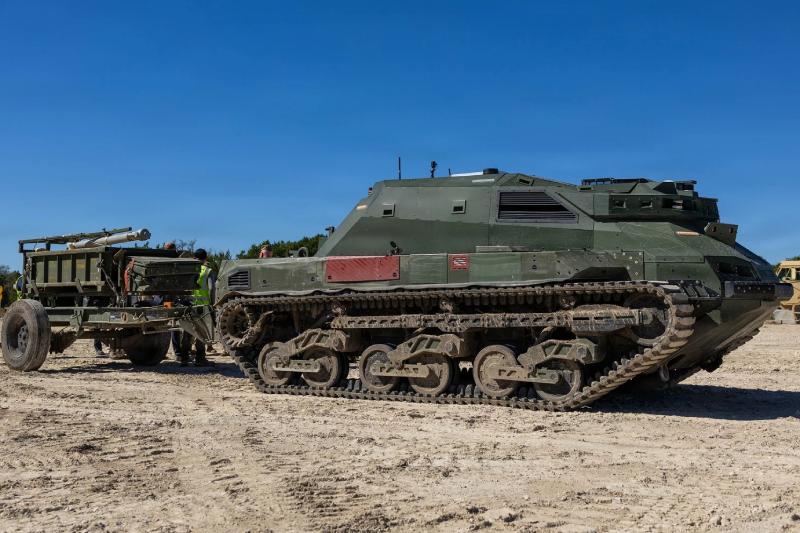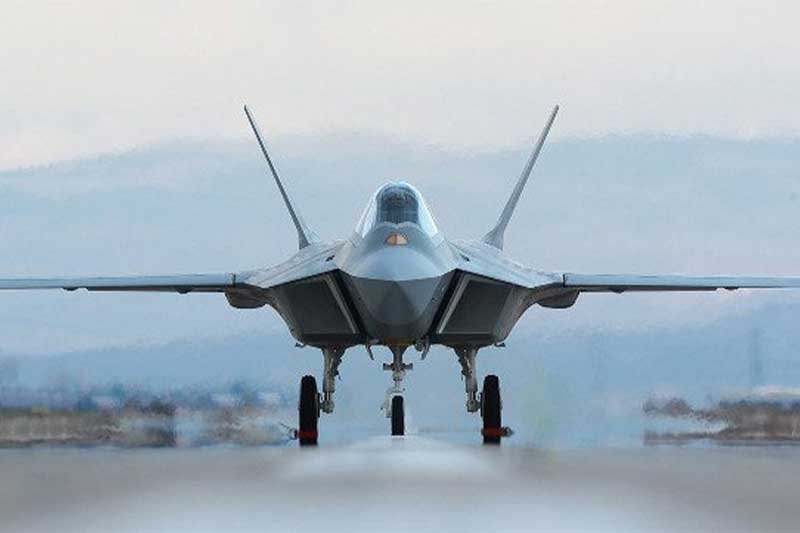Turkey Seeks US Approval to Produce F-110 Engines for KAAN
As a stopgap measure while developing its own fighter jet engines, Turkey has reportedly requested permission from the United States to build the F-110 GE-129 engine under license from General Electric (GE). Turkey intends to use these twin-engine versions, similar to the powerplants in F-15s, for the initial batch of its indigenously developed “KAAN” fifth generation fighter before transitioning to domestic engines.
Strained U.S. Relations Complicate Bid
However, it remains uncertain if the U.S. will grant Turkey’s request given strained diplomatic ties between the two NATO allies. This is further complicated by Washington not entertaining Ankara’s request to purchase 40 F-16 Block 70/80 jets worth $20 billion until Turkey approves Sweden’s NATO membership.
Also read this: Kalashnikov Sends 9M333 Anti-Aircraft Guided Missiles to the Army
Turkish Engine Collaboration
Meanwhile, the Turkish Aerospace Industries (TAI) collaborate with GE Aerospace and other local companies through TEI to achieve self-sufficiency in producing engines for aircraft and missiles. TEI currently licenses the GE-110 for Turkish F-16s and manufactures engines for TAI’s T-70 helicopters and T-129 ATAK attack helicopters.
Domestic Engine Roadmap
The TEI-TF10000 forms the basis for developing engines to power the KAAN fighter, but Turkey requires interim powerplants while this program matures. The F-110 GE-129 would provide a capable stopgap solution for early KAAN production before switching to indigenous engines.
US Government Approval Needed
However, Turkey requires U.S. approval to domestically produce the F-110 under GE’s license. With the F-16 sale currently tied to Ankara’s stance on Sweden’s NATO bid, Ankara may face an uphill battle convincing Washington to grant this concurrent engine production request amid the complex geopolitical tensions.
As Turkey advances its ambitious indigenous fighter jet program, securing proven reliable engines for early production remains a key concern until domestic powerplants can be fielded. Gaining U.S. export approval for temporary F-110 production could help bridge this gap, though politicking around NATO unity may create hurdles in securing this critical stopgap engine deal.
Keep connected with us at Facebook, Twitter, YouTube, Instagram & TikTok for latest defense happening around the globe.
Discover more from International Defence Analysis
Subscribe to get the latest posts sent to your email.


